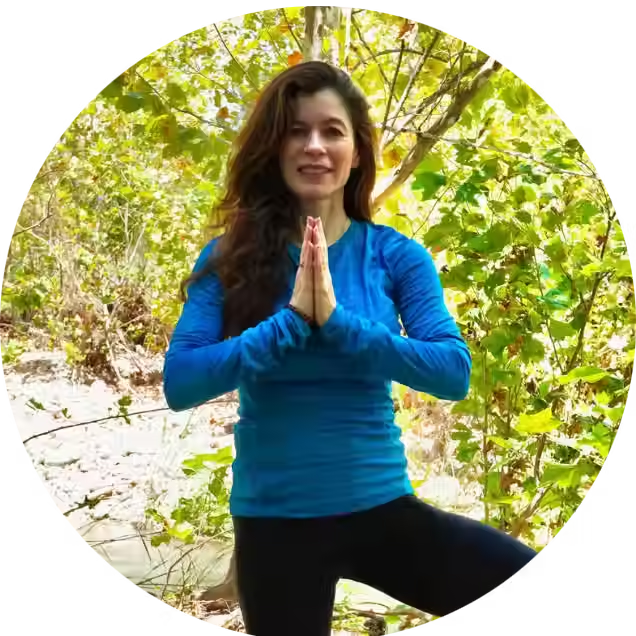Returning to What's True Part V – Blessing the Mountains and the Seas
- Lane Igoudin
- Oct 6, 2021
- 4 min read
Updated: Jan 25, 2022
Coming upon a forest clearing near my home in California, the intricate latticework of oaks and pines broken up by the lavender bursts of lupines streaming down the mountain slope, or climbing upon a barren bluff overlooking a dizzyingly boundless, almost abstract azure swath of the ocean set against the oatmeal sand of the beach and a lighter blue of the sky above, I lose, for a moment, the ability to speak.

Strawberry Valley, Idyllwild, Calif. © Lane Igoudin, 2020
It’s a precious moment. It’s the moment of opening to a larger reality. A moment of opening not just to something aesthetically beautiful, but to something spiritually profound and refined. It’s the moment for a religious awakening to G-d’s power of creation, to the works of Nature so immense and infinite in their size, diversity, and complexity, to the earth and air and water that we exist among, and of which we are part.
These soul-shaking moments should not come upon rare or unexpected, but instead be sought after. To bless is to acknowledge them. They are a reminder of the beautiful and passing privilege of living.
There are such blessings in the Jewish tradition. Traditional, though rarely heard today, they are small but powerful reminders of the many opportunities throughout the day to stop the rush and experience the reality, to touch its divine nature.
Growing up in the landlocked Belarus, Rabbi Joseph Soloveitchik had never seen a major body of water. Seeing the Baltic Sea for the first time, it looked to him like a “blue forest,” which overwhelmed him by its beauty.
“Spontaneously, I began to recite the psalm 'Bless the Lord, O my soul.' I did not plan to do this. Yet the words flowed from my lips. . . It was a religious reaction to viewing the majesty of God's creation. When I recited the blessing upon seeing the sea, I did so with emotion and deep feeling. . . Not all blessings that I recite are said with such concentration. It was more than simply a blessing, it was an encounter with the Creator. I felt that the Shechina (Divine Presence) was hidden in the darkness and vastness of the sea. The experience was unique and unforgettable; the blessing welled out of me."
This blessing Rav Soloveitchik refers to is the prayer, proposed nearly two thousand years ago by Rabbi Yehuda in the Mishna (the primary compilation of the Jewish oral law) to recite upon encountering the majesty and power of a large body of water:
Blessed are You, G-d, our Lord, Ruler of the Universe, who made the great sea.
Baruch Atah Adonai, Eloheinu Melech ha'olam, sheh-a-sah et ha-yam ha-gadol.
A lifelong student of Zen, I appreciate the sensitive adoration of nature, so innate to the Japanese culture. Mountains and streams, weathered rocks and pine-studded ocean bays, gnarled tree-trunks and foaming waves embody the divine spirit. They are sacred sites to be visited and be renewed by. The Zen eye notices how they are never the same, always changing in their features, and experienced differently from just a slightly different vantage point. Each time you see them, you see them for the first time.
Zen scholar Daisetz Suzuki explains the Japanese attitude as follows: “To us, Nature has never been uncharitable, it is not a kind of enemy to be brought under man’s power. We of the Orient have never conceived Nature in the form of an opposing power. On the contrary, Nature has been our constant friend and companion, who is absolutely trusted. . . Yes, we climb Fuji, too, but the purpose is not to ‘conquer’ it, but to be impressed with its beauty, grandeur, and aloofness; it is also to worship a sublime morning sun rising gorgeously from behind the multicolored clouds. . . It is only proper for us human beings to approach a benefactor of any kind, animate, or inanimate, with a deep feeling of gratitude and appreciation.”
There is a wonderful Jewish blessing that fits this combination of awe and appreciation for the Benefactor, every time we see an extraordinary natural landmark. It is also proscribed in the Mishna as the benediction to be recited "upon seeing mountains and hills and seas and rivers and deserts” (Brachot 9:2):
Blessed are You, G-d, our Lord, Ruler of the Universe, who makes the work of creation.
Baruch Atah Adonai, Eloheinu Melech ha’olam, oseh ma'aseh b’reisheet.
Mountains and hills and deserts are no doubt impressive, but our awe shouldn’t be limited only to the Nature’s works of grandeur. Divine handiwork doesn’t only exist on the macroscale.
On a hike through the mountain forest, a park ranger friend set down a thick loupe magnifier on the side of a mossy rock and invited me to take a look. I squinted one eye and leaned over to the lens: a micro world opened up in front of me, with rich formations of coral, orange, and kiwi-green lichen overgrowing one another in a myriad of sharp details invisible to a naked eye. Wow…
Baruch Atah Adonai, Eloheinu Melech ha’olam, oseh ma'aseh b’reisheet.
See it? Say it. Cement the experience with a blessing.
__________________________
See other posts in the Returning to What’s True blog series on mindful practices throughout the day to return to our sacred selves:
Part I | Reconnecting with the Present Part II | Mealtime Meditation Part III | Chanting at the Gym Part IV | Reading Poetry As a Meditative Practice
__________________________
Lane Igoudin, M.A., Ph.D., is professor of English and linguistics at Los Angeles City College. He regularly blogs for Applied Jewish Spirituality and produces Blessing the Sea, a monthly newsletter on Jewish mindfulness. For more information, please visit his website.



